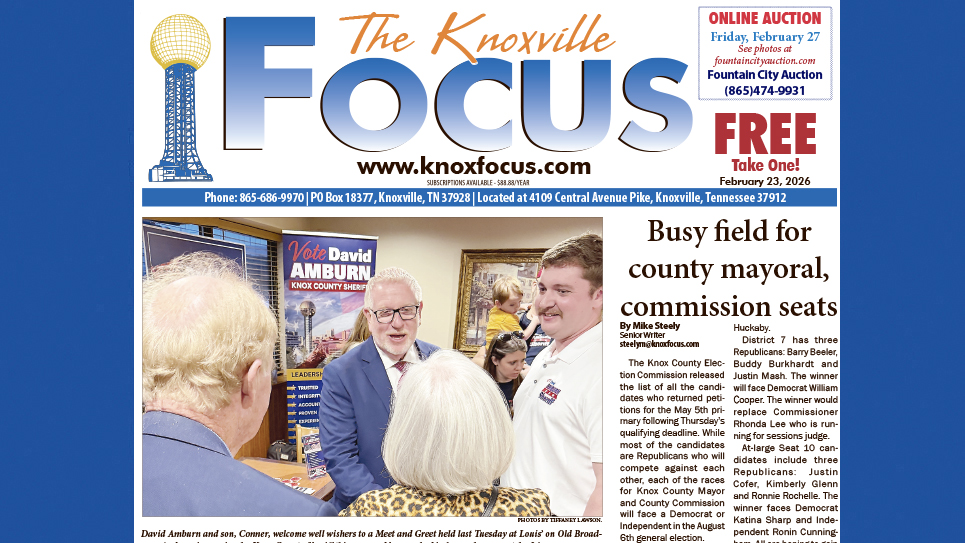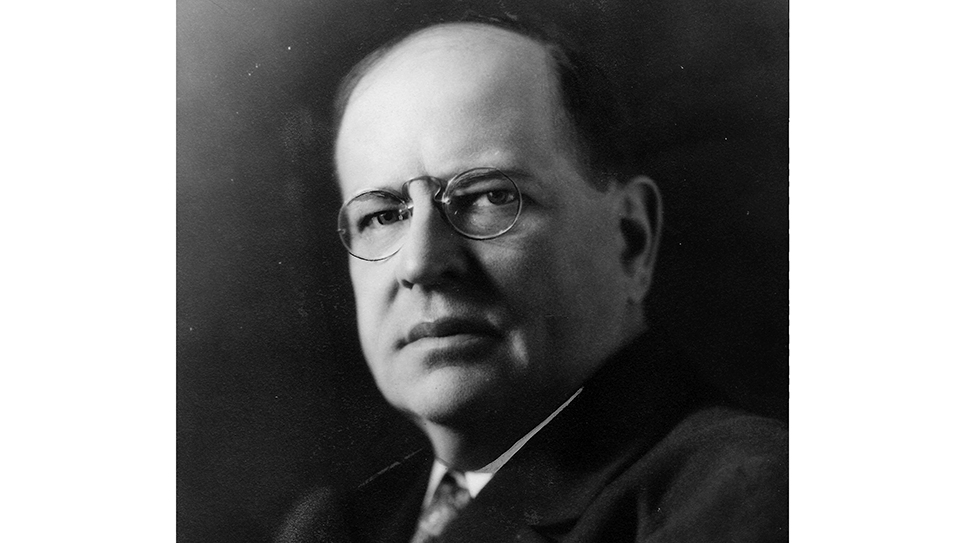‘R-E-S-P-E-C-T’
By Tom Mattingly
There is respect, and then there’s respect. “R-E-S-P-E-C-T,” as Aretha Franklin sang so many times over the years.
Here’s an example.
The Tennessee football team was flying home one Saturday night after a game in the late 1980s or early 1990s. From start to finish, game weekends were always exhausting, particularly when contested in another time zone. This one was no exception. Everyone seemed anxious to be off the plane and doing something else.
That was evident before the plane landed, long after the two sandwiches, a bag of chips, an apple, a large Snickers bar, and two Powerade drinks had been consumed. That was also before John Majors made his usual remarks about how proud he was of the team’s performance that afternoon or evening and, please, don’t get into any trouble tonight or over the rest of the weekend.
The pilot announced the final approach into Knoxville, and the plane landed without incident, maybe with one big bounce. It turned out there was some delay getting the plane to the gate, but there were already players and staff in the aisle getting their stuff out of the overhead compartments.
In a very nice way, the pilot said that everyone had to sit down before the plane could taxi to the gate.
No one moved a muscle. The pilot made the announcement again. No one moved.
Finally head trainer Tim Kerin had the last word, really the last two words.
“SIT DOWN!”
It was a command of Biblical proportions.
Everybody who was standing up sat down. Immediately. The plane arrived at the gate, with everybody disembarking and heading to the buses for the trip to campus.
That incident brought to mind the morning of Aug. 3, 1992, when there were hushed conversations and ashen faces all across the UTAD offices in Stokely Center. Tim had died earlier that morning, with doctors later calling the cause of death a “dissecting aortic aneurysm.” That was a blow to the Vol program in more than one way.
Tim was a prime Majors confidant since the days at Pittsburgh. Not only was he head trainer, but he also understood the dynamics involved in a big-time college football program. His was a voice of reason and integrity. His was also a significant voice in the community, particularly on the Metropolitan Drug Commission.
The University of Tennessee later named the training room in the Neyland-Thompson Center in his honor and memory.
Thinking back, the 366 days of 1992 were not among the most glorious in the program’s history.
In the Fiesta Bowl Jan. 1, Penn State took a 42-17 decision, after the Vols had led 17-7 halfway into the third quarter. A spate of turnovers killed Tennessee’s chances. The coaching staff and fan base were not a happy group.
During the spring, Majors had chest pains while in Milan and was rushed to Memphis. Things never did get in sync on the Big Orange Caravan, with raised voices at a stop in Nashville and the foreshadowing of internal problems that would later surface.
Two weeks after Tim had died, Majors left practice early, with the media being told it was for a doctor’s appointment. That was correct as far as it went. The next morning, a local radio station announced Majors was undergoing quintuple-bypass surgery. He missed the first three games of the season, with Phillip Fulmer being appointed interim head coach.
It probably didn’t help that Majors came back before anyone expected, just a day after a 31-14 win over Florida, the second win over the Gators in three years.
It also didn’t help at all that the schedule-maker had made things significantly worse. There were successive losses to Arkansas and Alabama and open dates before and after a one-point loss at South Carolina.
Then came a trip to Memphis, when Majors stepped down as head coach on Friday, Nov. 13, at the Wilson World Hotel. Vol fans lined the hotel’s hallways, many fighting back tears, hoping to catch a glimpse of a Tennessee legend’s history-making announcement. This was an emotional moment, not soon to be forgotten.
“The death of Tim Kerin had a devastating effect on the coach,” wrote Marvin West.
Thoughtful people close to the Vol program believe had Tim been alive, things might have transpired much differently, considering the influence he had on Majors. No one could speculate how much the history of the program might have changed.
Here’s the bottom line, a subtle, but telling, testimony to Tim Kerin’s life and example.
You want to know about influence and respect?
When no one else could make a group of Tennessee football players and UTAD staff members sit down at the end of a long, tiring charter flight, all it took was Tim Kerin making the request. When he did so, they sat down.
That was respect.
That was Tim Kerin.
A man whose influence and integrity live on in the history of Tennessee football.






